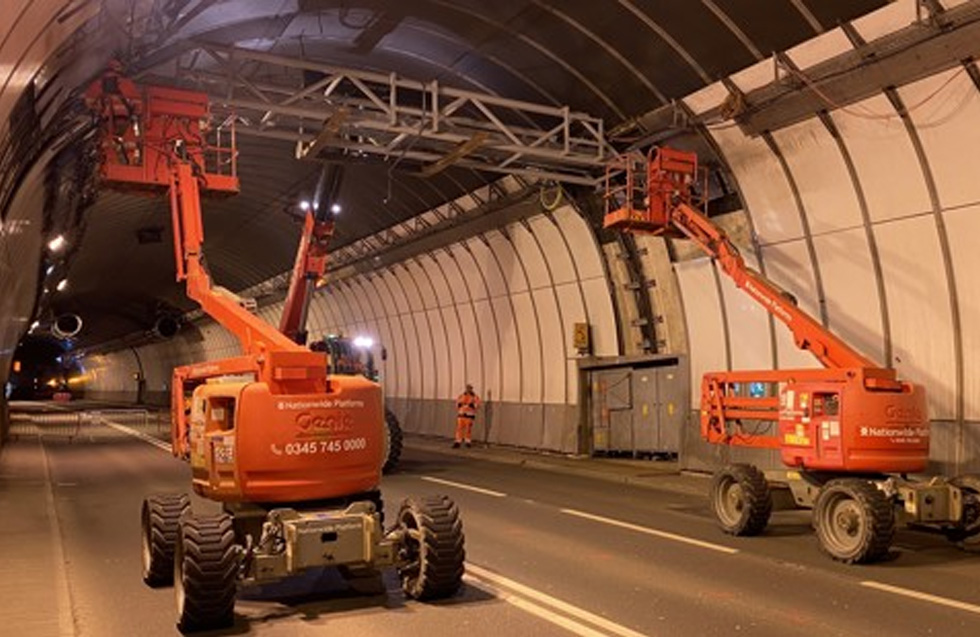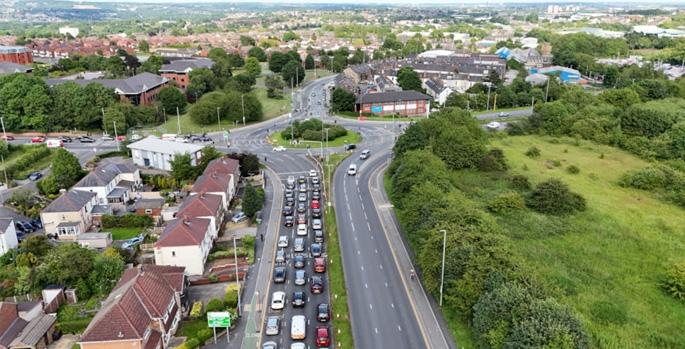The Government has announced plans to relax the environmental permitting system to reduce developers' red tape, with the goal of reducing wait times and speeding up the construction of new houses.
The Department for Environment, Food & Rural Affairs (DEFRA) will be empowered to assess which activities should be exempt from requiring an environmental permit to create a more flexible permitting system for ‘low-risk activities', environmental minister Emma Hardy announced.
Pre-construction activities such as site investigations, the storage of waste materials and drainage operations, which currently require an environmental permit, are set to be made exempt. DEFRA estimates that this could save builders up to 16 weeks of waiting.
DEFRA officials added that some low-risk temporary activities undertaken by individuals and SMEs, including some flood risk activities on farms, will also be exempt provided that ‘appropriate conditions' are met. This could theoretically save these SMEs up to £360 based on the average permit cost.
Ministers said there would be safeguards in place through ‘appropriate controls and conditions' to ensure that ‘decisions do not come at the expense of the environment'. As part of this, the Environment Agency will be required to consult on any proposed exemptions, based on transparent assessments of risk.
Environment minister Emma Hardy said: ‘We are committed to ensuring that environmental regulation works for everyone – protecting our towns and countryside from harm and delivering sustainable development.
‘As part of the Plan for Change, a common-sense approach to environmental permitting in England will boost economic growth and unleash an era of building, while also keeping people and the environment safe.'
The Environment Agency's chief regulator, Jo Nettleton, said: ‘Protecting the environment and sustainable development can and must go hand-in-hand. We welcome the Government's efforts to drive economic growth through a more proportionate permitting regime. We have engaged closely with the consultation on reforms to environmental permitting, and look forward to continuing our work as a fair and proportionate regulator for people and the environment while supporting business and sustainable economic growth.'
DEFRA declined to give a timetable for the reforms but said the necessary legislation will be brought forward ‘as soon as parliamentary time allows'.
































